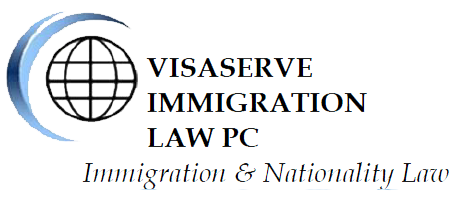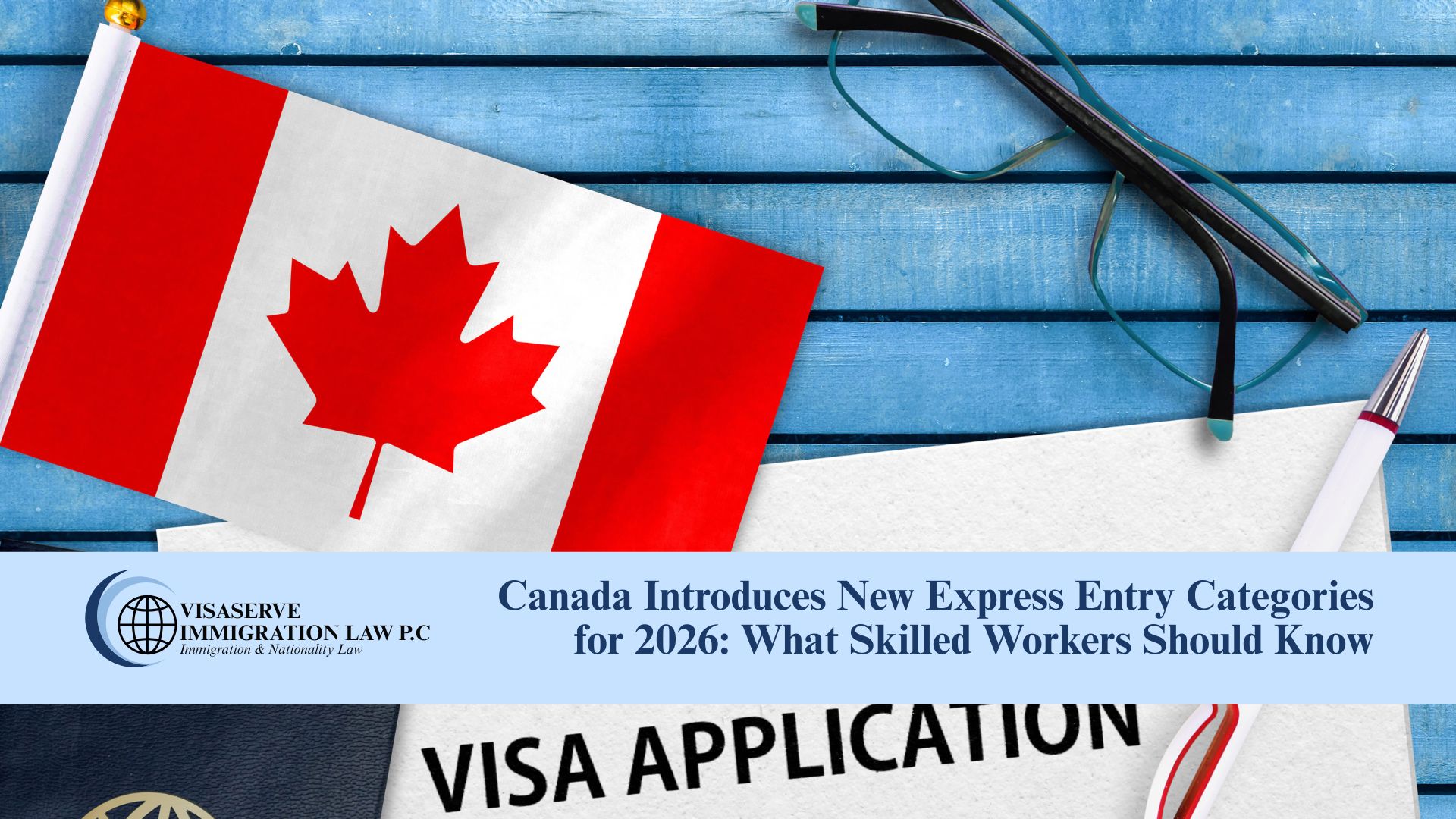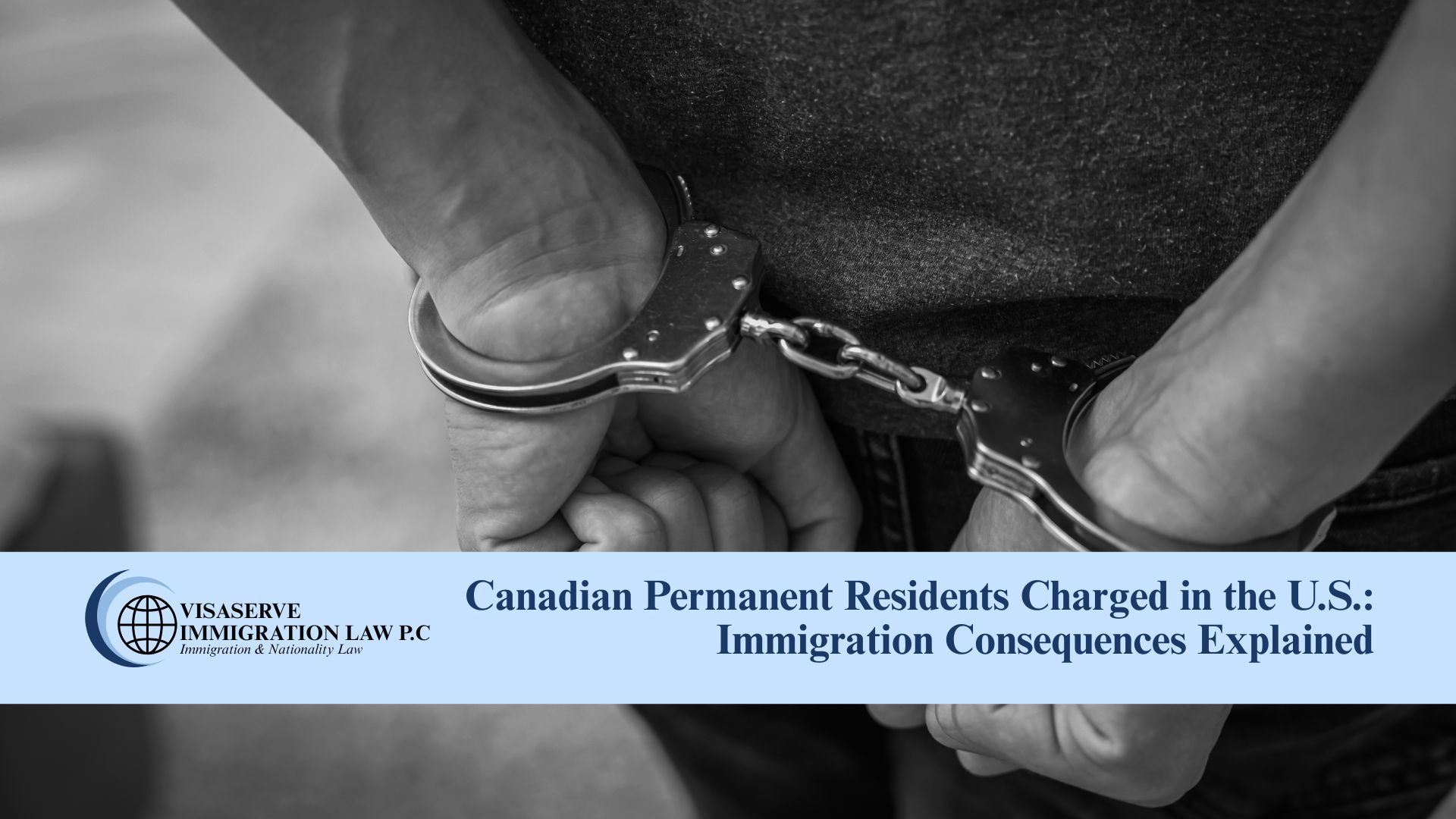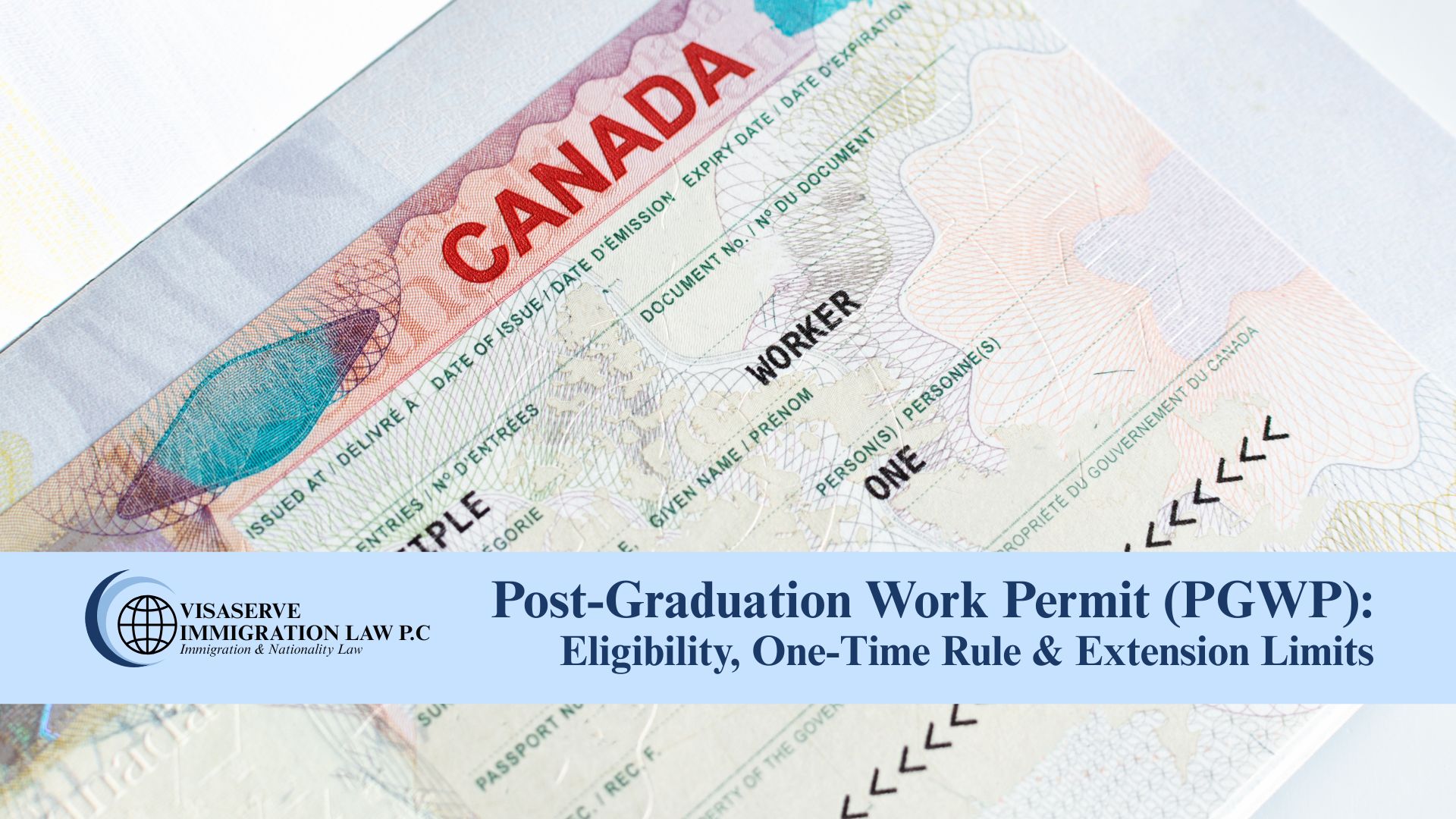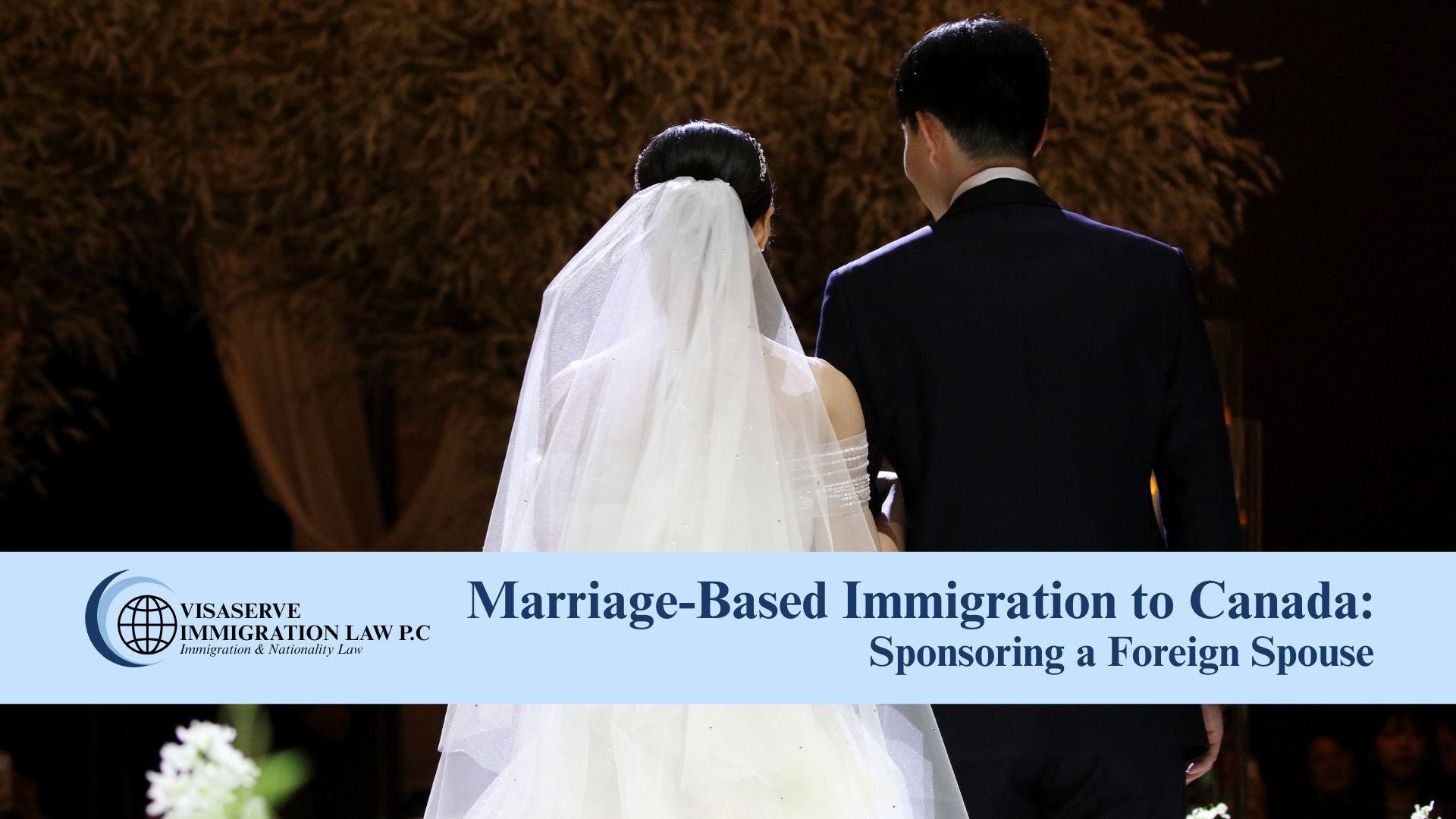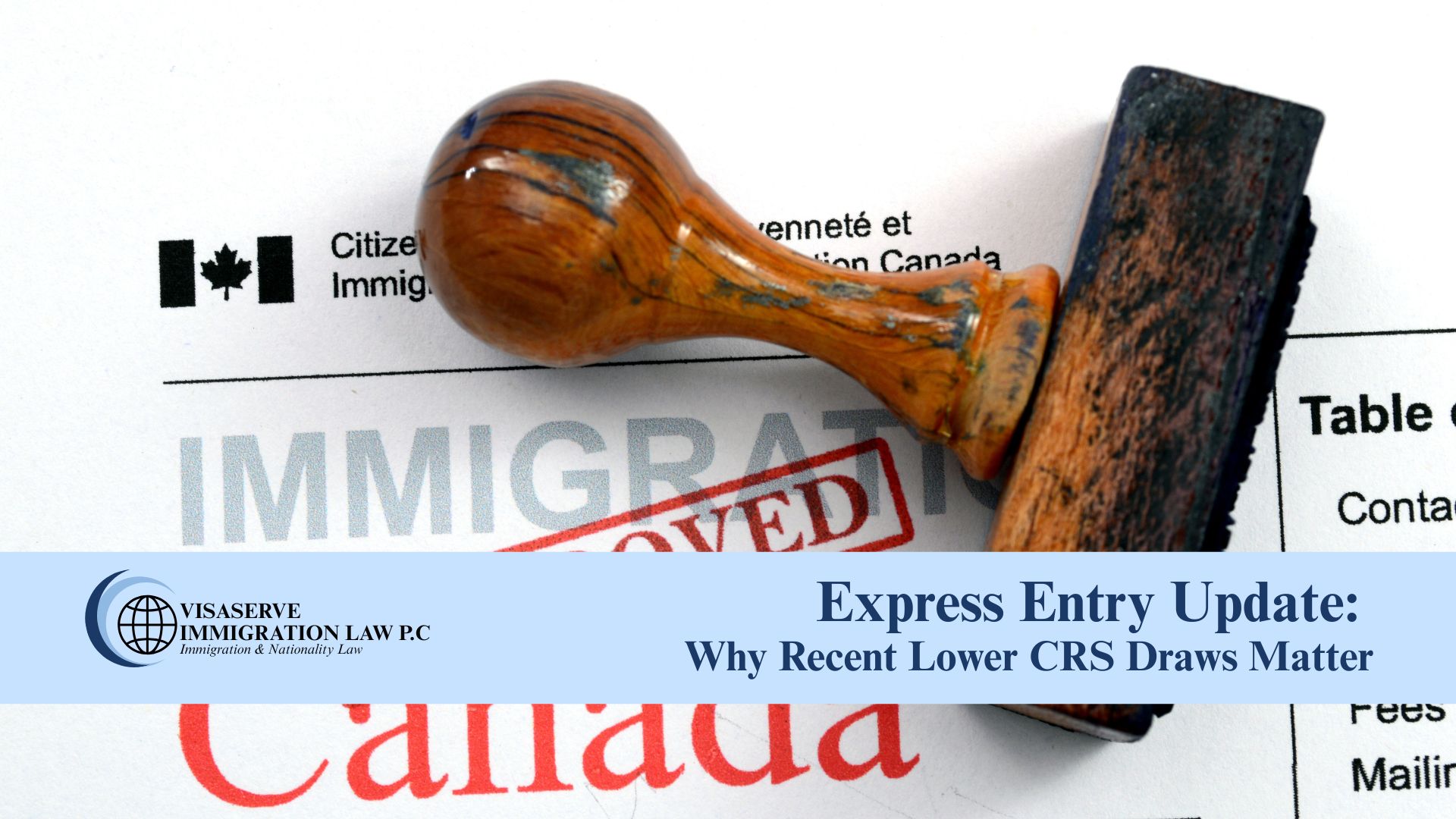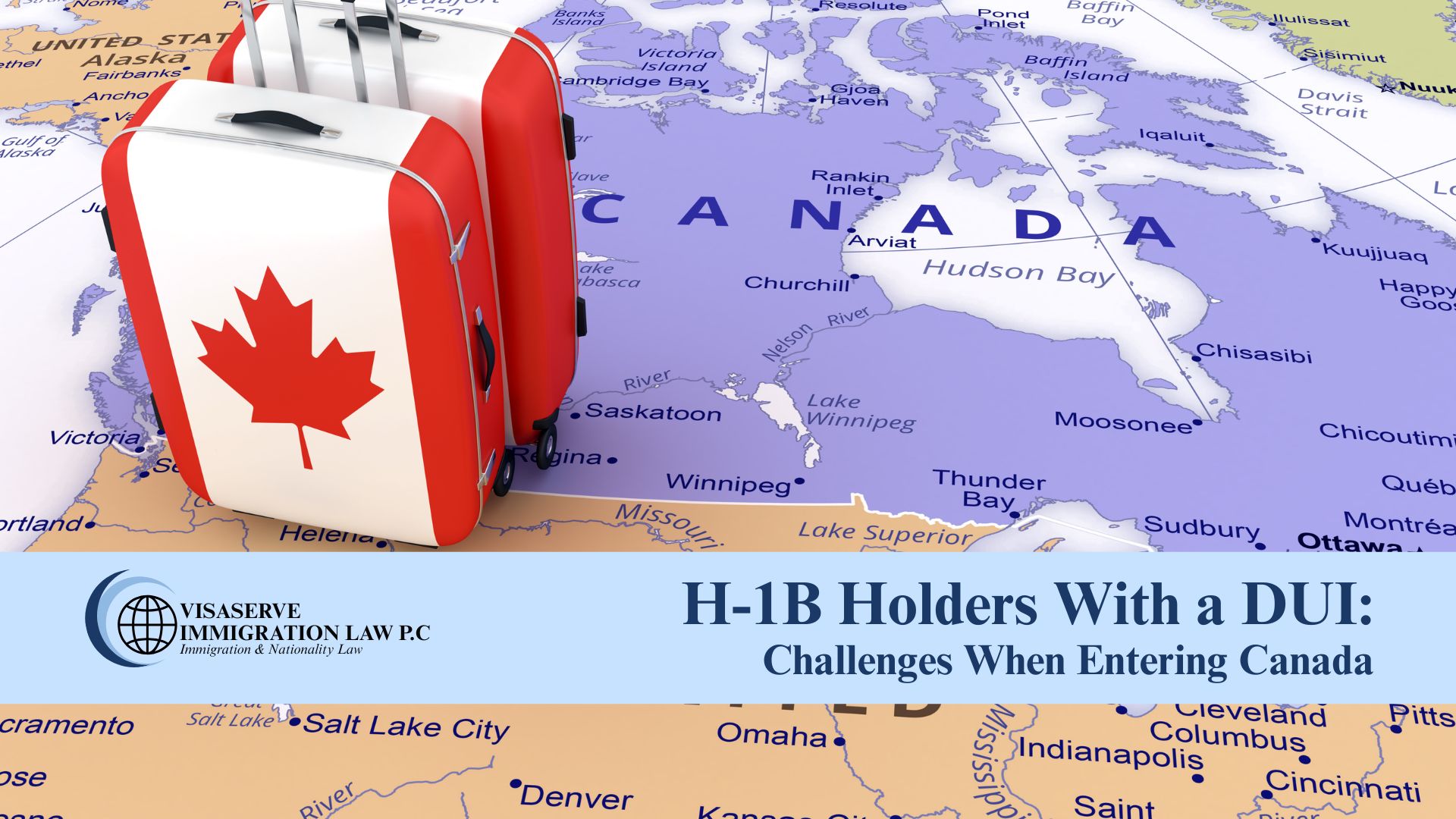When crossing at a Port of Entry, as a foreign national, you are questioned by an officer of either CBP (on the U.S. side) or CBSA (on the Canadian side). Initially, you are asked your nationality, and how long you will be are staying. Through these questions, the officer is assessing whether you are a visitor, or whether you need a special work permit or visa to do work in the USA.
Sometimes, however, you can end up being questioned for far longer, and you may possibly be sent to “secondary inspection.” This is otherwise known as the dreadful “Pull over there and speak to the officer inside” remark. What are officers allowed to ask and when are they going “over and above” their questioning mandate?
It seems that every officer thinks that someone is coming to the USA or Canada with plans to stay forever. In the USA, section 214(b) of the Act has as its premise a “temporary stay;” yet, the onus is on the applicant to prove the opposite of that. Fishing expeditions (especially at land borders) can, and do, take place.
Business visitors have a particularly difficult task. They are indeed coming to “work,” but by law they are often exempt from a work permit. So this category is often subject to close examination. Thus, if a business visitor is truly coming in for a meeting, or a Convention, and is exempt from the need for a work permit under the law, what can he or she do when being overly questioned? Once solution may be to “think” like the officer, and diffuse their concerns. You might ask the officer: “Are you concerned that I am going to be doing work in the USA? I can provide you with a letter from my company…. .” Anticipating the officers concerns can lead to faster resolution, sometimes (but not always…).
Perhaps another idea is not to carry any evidence of your work with you at all. Carry a laptop with very little on it, but download your info from the cloud (“Skyviewers”) once you reach your destination. Watch out for phones as well – they have the right to ask for them.
It is interesting to note that in the Chapter of the Foreign Worker Manual for the U.S.A., which spans 32 pages, the word “work” is only used once, and appears next to the word “missionary.” Hence, the problem at the U.S. border. If you enter the U.S. and use the word “work” you can plan to spend a long time at the border! But if you mention contracts, meetings, and have the proper information with you, then perhaps you stand a chance.
Contact us for more information about how to best prepare yourself, or your employee, to enter Canada or the USA for work.
